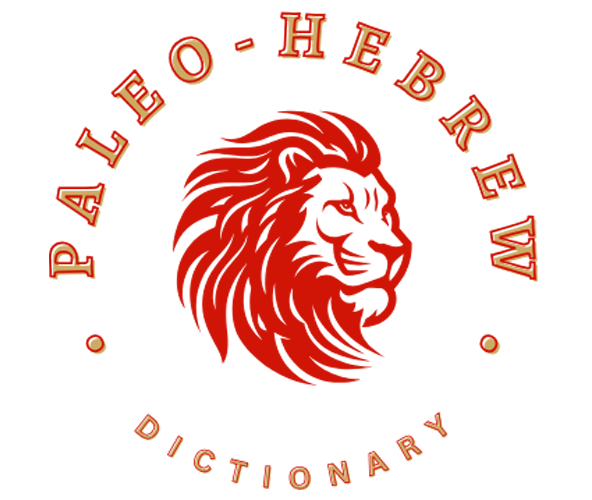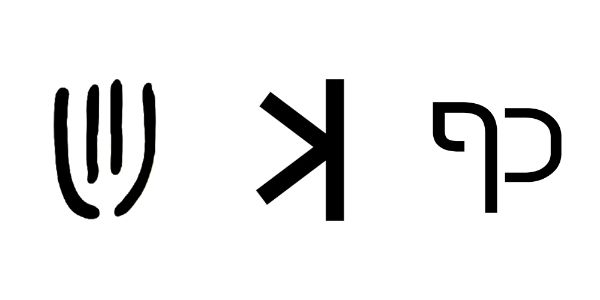« Back to Glossary Index
Categories: Body, War and Weaponry
Synonyms:
𐤐𐤓𐤏, paraā, avenge
The word pharaā (𐤐𐤓𐤏) means “avenge” meaning to take vengeance or exact satisfaction for.
Potentially written as pharagh (pronounced: fa-ragh).
Extended Study for 𐤐𐤓𐤏 (pharaā)
To read the study guide entry that elaborates on 𐤐𐤓𐤏 (pharaā) then join our Extended Study Membership at https://www.paleohebrewdictionary.org/extended or use phdict.org/extended to share a short link with others.





